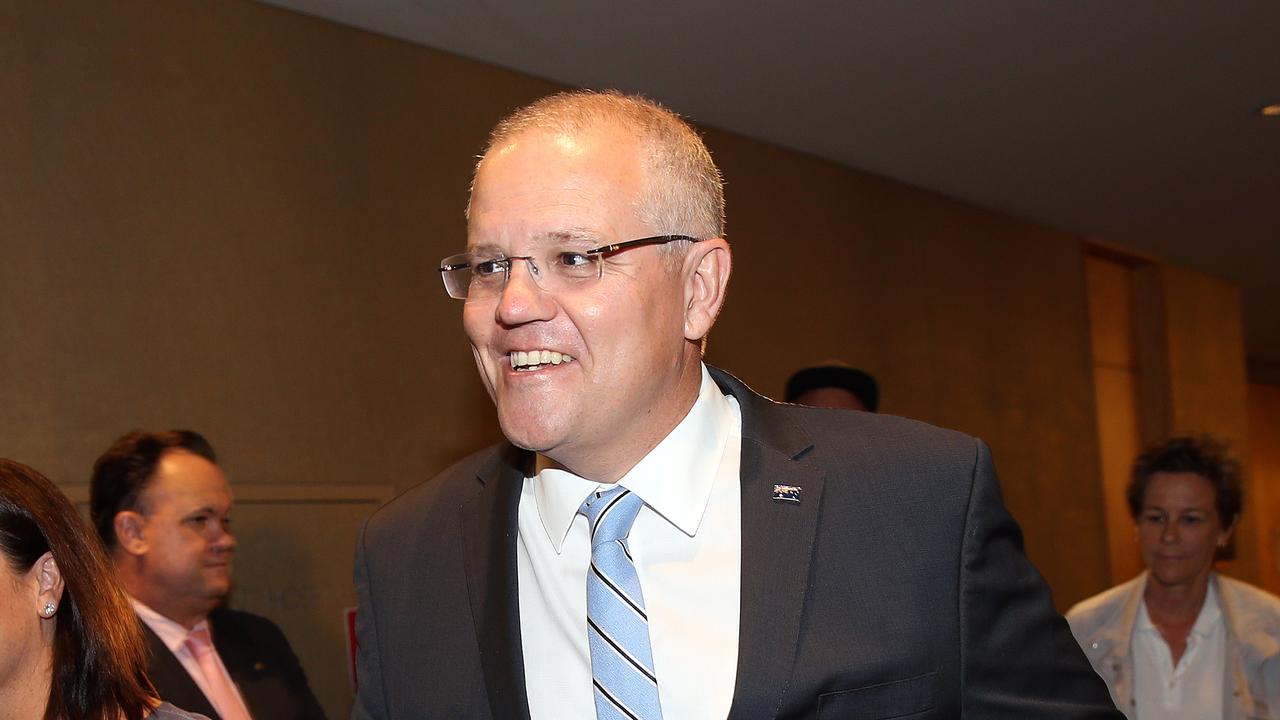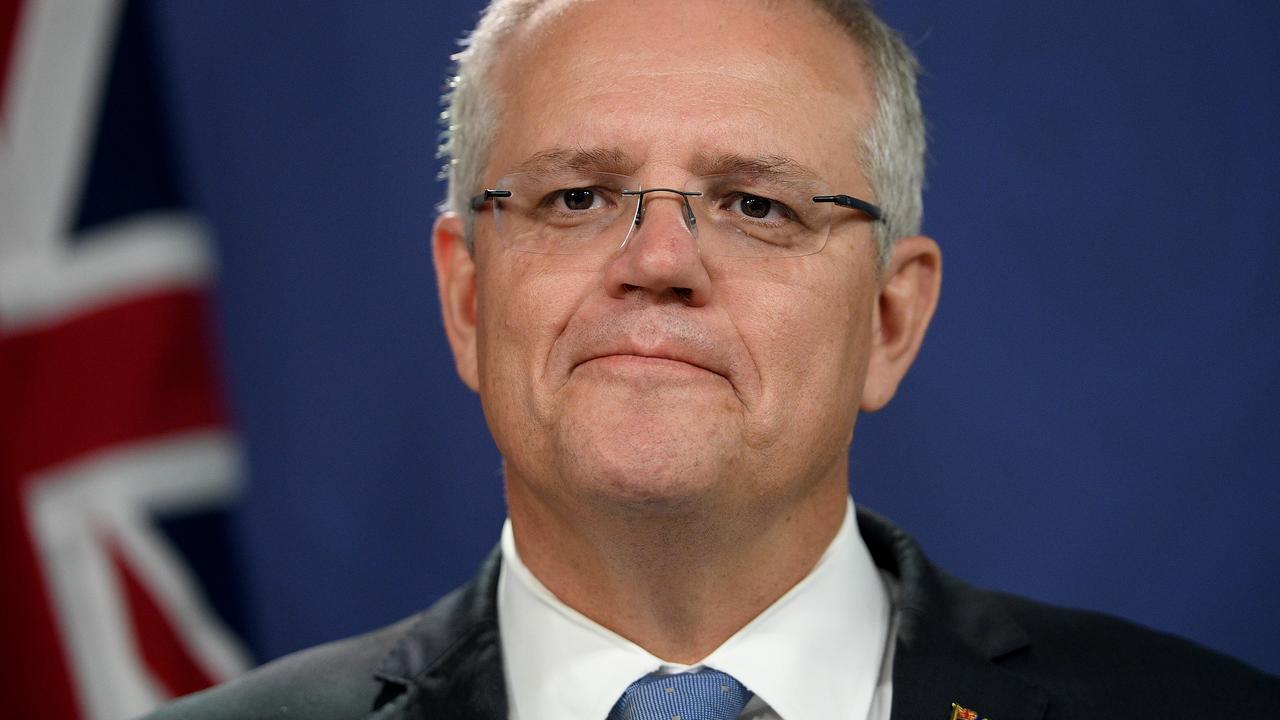Federal election 2016: at the end of the day it’s about pace
The first week of the longest election campaign in memory seemed less like The Longest Day than The Dawn Patrol.
For the beginning of the longest election campaign in living memory, the first week on the road seemed less like The Longest Day than The Dawn Patrol.
Instead of an all-encompassing battle across all fronts with guns blazing, there was just a single early-morning sortie from the leaders, Malcolm Turnbull and Bill Shorten.
For the campaign hyped as the most technologically advanced in the 21st century, with social media, digital reportage and 24-hour news and commentary, the first week of the 2016 campaign looked remarkably old school and laid back.
Instead of a Kevin Rudd-style flurry of announceables and fight to dominate the top of every news bulletin or a Julia Gillard-inspired social media viral breakout, the Prime Minister and Opposition Leader were committed to one event a day, and the earlier in the morning the better.
It wasn’t until Friday night’s community forum in the western suburbs of Sydney that both leaders had a public engagement after dark.
Until then, it looked like a campaign from the 1960s or 70s when there was an “event” — a speech, meeting or press conference — during the day and the evenings were left unmolested to allow for private functions, fundraising and the preparation of stories for the next morning’s newspapers.
On Monday to Friday, whether it was in Queensland, NSW, South Australia or Victoria, the leaders would do something for the television cameras, or perhaps a radio interview, and then hold a brief press conference to essentially put across the message of the day.
The reason for the less hectic pace last week was a result of the length of the campaign to come and an understandable wish “not to kill the candidate”, in the parlance of political staffers across the world.
Arthur Sinodinos, the Cabinet Secretary and John Howard’s former chief of staff who was by his side during several election campaigns, explained the need for a slow start: “It is a marathon, it’s not a sprint, this is day 52, I think … You can’t excite everybody every day. If you have them in a pitch of excitement every day, they’ll very soon get exhausted.”
One of Mr Turnbull’s senior advisers told The Australian that there was no point in doing anything in the afternoon if you “were going to compete with yourself”.
Both leaders realised that their early-morning sortie filled the 24-hour news programs, provided footage for the evening television news and allowed saturation coverage in the next morning’s newspapers.
Too often Mr Rudd would rush to say something else during a campaign after having made one appearance and confuse the coverage and message.
As a safety net, both the Liberal and Labor parties have appointed official spokesmen who can come out at any time of night or day and “clean up” any issues that may be distracting from the leaders’ orchestrated plans.
Liberal senator Mathias Cormann and Labor Senate leader Penny Wong both appeared every day last week reinforcing or clarifying their leaders’ message and responding to queries on asylum-seekers, superannuation and Senate voting reforms.
The rhythm of the campaign this week is unlikely to change markedly as both sides continue to pace themselves in what is only the second week of a campaign with seven weeks to run.




To join the conversation, please log in. Don't have an account? Register
Join the conversation, you are commenting as Logout